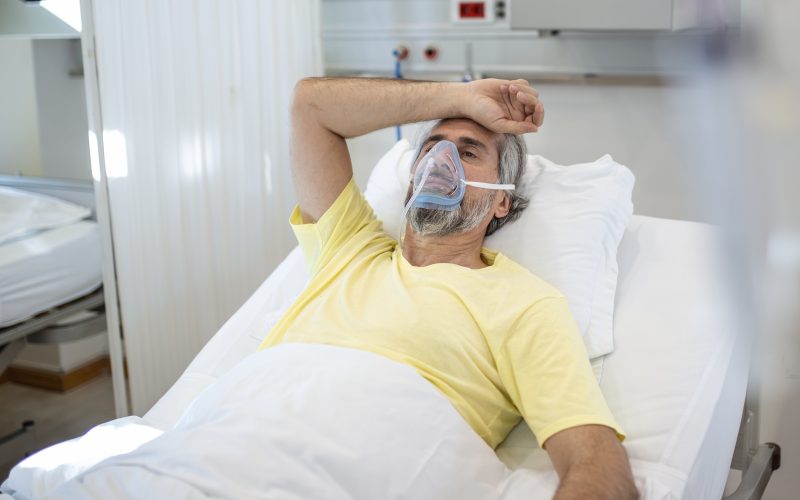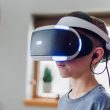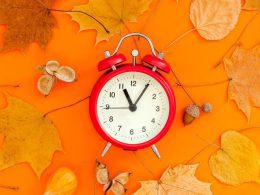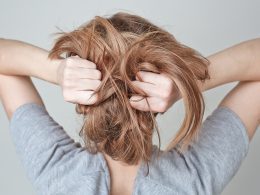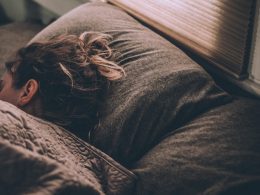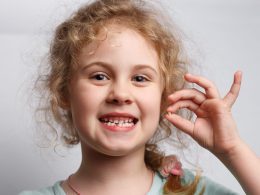Are you tired of struggling with CPAP therapy? Do you find it difficult to keep your mask on all night or wake up feeling groggy and fatigued? It’s time to take a closer look at your biological clock. From melatonin levels to mask fit, understanding the role of your body’s natural rhythms in CPAP success can lead to better sleep and overall health. In this post, we’ll explore how different aspects of our circadian rhythm can affect CPAP therapy and provide tips for optimizing treatment based on individual chronotypes. So let’s get started!
The Biological Clock
Biological clocks are a key part of sleep hygiene and can play an important role in CPAP success. In particular, the circadian rhythm—the body’s natural clock—plays an important role in how well we sleep. The circadian rhythm controls many aspects of our physiology, including our metabolism, mood, and even our thoughts and behaviours.
There are two main types of biological clocks: the behavioral clock and the endogenous clock. The behavioral clock is controlled by external stimuli such as daylight and darkness. The endogenous clock is controlled by hormones like melatonin, which is produced in response to darkness or light exposure.
The circadian rhythm affects how well we sleep because it determines when we feel sleepy and when we wake up. The timing of your bedtime and wake-up time will depend on your natural circadian rhythm, which can be disrupted by environmental factors such as evening sunlight or bright screens in the morning.
People with regular bedtimes tend to have better nighttime sleep quality than people who have later bedtimes or who go to bed at any time. This is because the endogenous clock works best when it is consistent over time. People with a naturally late circadian rhythm may have trouble getting to sleep at night if their bedtime falls into the daytime hours. This can be problematic because cells in the brain become more active during daylight hours and this stimulation can disrupt sleep patterns.
Utilising a chronotherapy program that gradually advances your bedtime can helpshift your natural sleeping schedule
Melatonin: The Sleep-Regulating Hormone
Melatonin is a hormone made by the pineal gland that is responsible for regulating sleep. Melatonin levels naturally decrease as we age, which can lead to difficulty falling asleep and staying asleep. Certain diseases or disorders can also cause disruptions in the normal production of melatonin, which can lead to problems sleeping.
There are several different types of CPAP machines available on the market today, each with its own set of features and benefits. However, the most important factor when choosing a CPAP machine is finding one that fits your specific sleep needs. Some people find that using a standard pressure setting works best for them while others may need higher or lower pressures depending on their individual preferences and medical history.
One common misconception about CPAP machines is that they are only necessary if you have difficulty sleeping through the night. In fact, CPAP machines can be an effective tool for people of all ages who struggle with poor sleep quality. By using a CPAP machine regularly, many people report experiencing significant improvements in their overall sleep quality and ability to get into a deep REM cycle.
CPAP Mask Fit: How it Determines Success or Failure
There is no one-size-fits-all CPAP mask fit, but there are some factors that can help determine success. First, a properly fitted CPAP mask should seal tightly around your nose and mouth to prevent leakage and keep your airway open. Second, the mask should be comfortable to wear for extended periods of time. Third, the mask should closely follow your facial features so it fits snugly against your face. And finally, the mask should be designed to work with your individual sleep apnea diagnosis and treatment plan.
Conclusion
The use of CPAP for sleep apnea is predicated on the concept that there exists a biological clock that governs when people are most likely to be sleepy and when they are most likely to wake up. While this theory has been around for years, it wasn’t until recently that scientists understood how this clock works and what impact it has on sleep apnea treatment. In this article, we will explore some of the basics of the biological clock as it relates to sleep apnea and discuss ways in which you can take advantage of its effects in order to improve your success with CPAP therapy.






